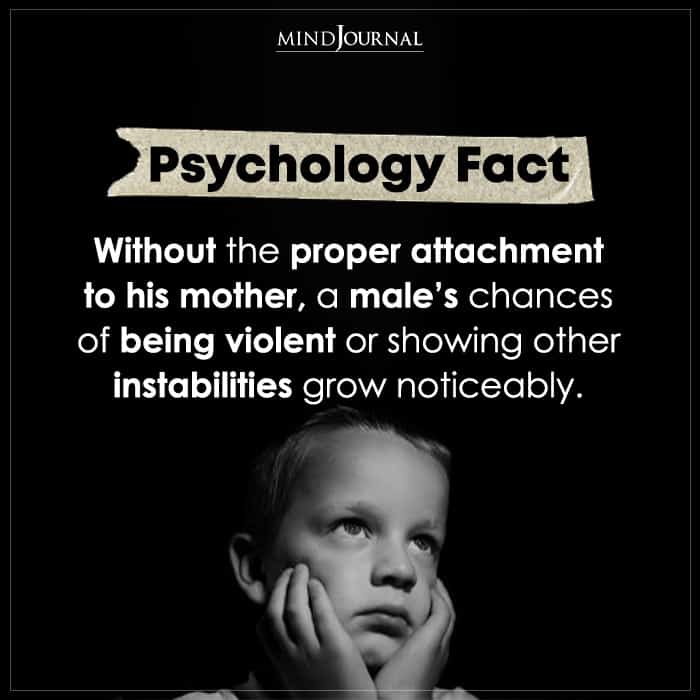Adverse childhood experiences and insecure attachments negatively impact brain development and psychology. Read on to how early life stress shapes your life.
KEY POINTS
Insecure attachment imprints in the developing brain in ways that negatively shape psychological development and maintain dysregulated stress. The negative imprints of insecure attachment typically play out in the background, beneath conscious awareness, causing much distress. Negative imprints can be rewired by first managing dysregulated stress and then reworking right brain aspects of troubling memories.
Earlier I’ve discussed how overwhelming (toxic) stress in childhood changes the brain and body in harmful ways. As the illustration below shows, adverse childhood experiences (ACEs) lead to dysregulated stress. Dysregulated stress, in turn, adversely affects all systems of the body.
For example, dysregulated stress alters brain development, such that the brain tends to remain on high alert throughout life if the hidden wounds from adverse childhood experiences are not addressed. Let’s now take a look at how childhood attachment disruptions shape psychology in ways that maintain dysregulated stress.

Some children seem to radiate a secure sense of themselves and a quiet, inner gladness from a very young age. To be sure, some of this results from an innate, resilient temperament. However, childhood attachment experiences can play a significant role in shaping one’s psychological development, brain development and function, and stress levels in adulthood.
Related: The Unseen Scars of Parental Emotional Abuse
Secure Attachment
In the first weeks and months of life, the infant who feels loved, cared for, protected, and enjoyed by the primary caregiver(s) tends to develop secure attachment. The effective caregiver in many ways conveys that the child is safe and valued through caresses, embraces, kissing, cradling, loving gazes and facial expressions, safe, rhythmic gestures, soothing vocal sounds, attention to the infant’s needs, and smiles, laughter, and having fun with the child. Such experiences, repeated over time, instill in the child a felt sense that he/she is valued.
This felt sense is imprinted without words and beneath conscious awareness in the non-verbal right brain (which develops before the verbal/thinking left brain), and this felt sense tends to persist throughout life (Schore 2009).
The child internalizes the caregiver’s calmness, and oxytocin, secreted in response to loving connection, counters the harmful effects of the stress hormone cortisol. In adulthood, this imprinted felt sense plays out as wholesome self-esteem, better mental and physical health, a pleasant sense of connection to one’s body and emotions, a better ability to regulate stress, and a greater ability to trust people.
Related: How To Declaw Your Asian Tiger Parents: 10 Easy Steps To Keep Them At Bay
Insecure Attachment
Think now of a caregiver who for various reasons is unable to lovingly bond with the child. Perhaps the caregiver has been numbed by trauma, is preoccupied with a cheating or abusive spouse, is grief-stricken from the loss of another child, or is abusive. Perhaps caregiver and infant were separated by surgery for either one.

Such figurative or physical separation can be highly stressful and frightening to the child and can result in insecure attachment. The brain becomes wired to remain on high alert and one’s sense of self is damaged. This damaged sense of self can be imprinted implicitly in the right brain in the earliest months of life before the left brain is sufficiently developed. Thus, an adult might not consciously remember or describe in words the origin of this damaged sense of self.
For example, the child in the first 18 months of life will typically not yet understand words (a left-brain function) but can imprint a frightening, angry tone or a look of disgust by a caregiver who does not want the child. That imprinted felt sense of feeling unwanted, unloved, or fearful can persist throughout life without being cognizant of where or when those feelings came from. The adult might become unaccountably depressed, anxious, ashamed, or traumatized when imprints from childhood playing out in the background are triggered by distressing present events.
Insecurely attached adults might feel numb or dead inside, or that they are different and don’t belong. They might feel driven to succeed in order to feel good enough. Because feelings of inadequacy, self-dislike, or shame (more about shame later) are imprinted in the right brain (even in the later years of childhood when extreme stress temporarily takes the left brain off-line), it can be very difficult to talk someone out of these feelings. Other strategies are called for.
The Power Of Healthy Caregiving
Research to date has indicated that children do best with two primary caregivers (Cassidy 2008). Most research has looked at the unique and complementary contributions of mothers and fathers (Schore 2012), although other caregivers can certainly positively impact the developing child.
Related: Why It’s Okay To Cut Toxic Family Members Out of Your Life
Cause For Hope
While secure attachment tends to persist throughout life, insecure attachment is malleable—it can change through loving, bonding experiences, either real or rehearsed in imagery. It is critical to first learn ways to manage dysregulated stress, which is caused and maintained by attachment disruptions.
Once a state of relative calm is achieved, one can begin to rewire the circuitry of the brain with strategies that mimic the secure attachment experiences that are needed by each human being. Understanding the principles discussed above will help you see the rationale for the healing strategies that we’ll discuss in future posts.
References Cassidy, J. (2008). “The Nature of the Child’s Ties.” In Handbook of Attachment: Theory, Research, and Clinical Applications, 2nd ed., edited by J. Cassidy and P. R. Shaver. New York: Guilford. Schiraldi, G. R. 2021). The Adverse Childhood Experiences Recovery Workbook. Oakland, CA: New Harbinger. Schore, A. N. (2009). “Relational Trauma and the Developing Right Brain: An Interface of Psychoanalytical Self Psychology and Neuroscience.” Annals of the New York Academy of Sciences 1159: 189-203. Schore, A. N. (2012). The Science of the Art of Psychotherapy. New York: W. W. Norton.
Written by: Glenn R. Schiraldi Originally appeared on: Psychology Today Republished with permission










Leave a Reply